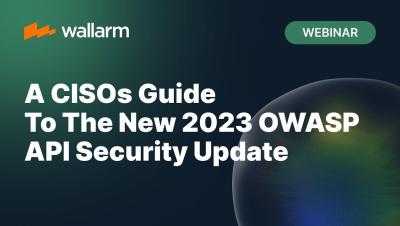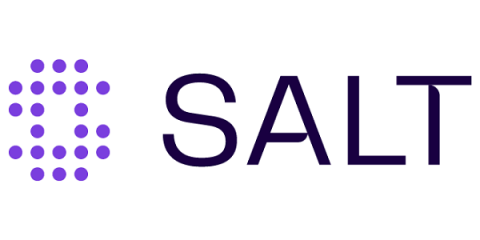Security | Threat Detection | Cyberattacks | DevSecOps | Compliance
API
A CISOs Guide To The New 2023 OWASP API Security Update
A Practitioner's Guide to the New 2023 OWASP API Security Update
Unified vs API-Based Integrated XDR Platform: What's the difference?
The terms unified and integrated are often used interchangeably in the software world. However, security leaders must understand the differences between deeply unified and API-based integrated platforms within an organization and how they can significantly impact everything from cost to efficiency. First, it is essential to define the terms.
PAN Verification API for the Gaming Industry: What You Need to Know
One of the guiding principles for organisations, whether they are major corporations or small firms, is to ensure compliance. Enforcing compliance helps organisations to adhere to fraud prevention guidelines, identify rule infractions, and shield a corporation from unwarranted penalties and legal action. PAN verification is one such crucial process before onboarding consumers, clients, and third parties in order to remain compliant and within the law.
Salt Unveils Enhancements to AI Algorithms for API Security
We’re pleased to share that Salt has extended the capabilities of our powerful AI algorithms, further strengthening the threat detection and API discovery abilities of the Salt Security API Protection Platform. (Check out today’s announcement.) Here at Salt, we always look forward to the RSA Conference, but this year we are doubly excited to attend and showcase these new advanced capabilities! Salt invests significant resources into the continued innovation of our API security platform.
The Ultimate API Penetration Testing Checklist
Build APIs with Tines
Today, we’re announcing the ability to build APIs with Tines. Now you can create powerful workflows by connecting more tools and processes together - all without any code at all.
How Noname Security Aligns to Gartner API Security Requirements
World-renowned analyst firm, Gartner, recently published a research piece entitled, Everything You Should Do to Address API Security, which is a compilation of all their latest research on the subject. More importantly, it maps out the key domains that you need to be aware of, and invest in, if you take your API security posture seriously. With that said, I found it quite interesting how well aligned their API security domains are to the Noname API Security portfolio.
5 Reasons Why You Need API Discovery
Application programming interfaces (APIs) are becoming increasingly important for businesses to stay competitive in the digital age. However, they can also be vulnerable to malicious threats if not properly secured. Therefore, it’s essential for businesses to take measures to enhance their API security posture and address any potential vulnerabilities.











